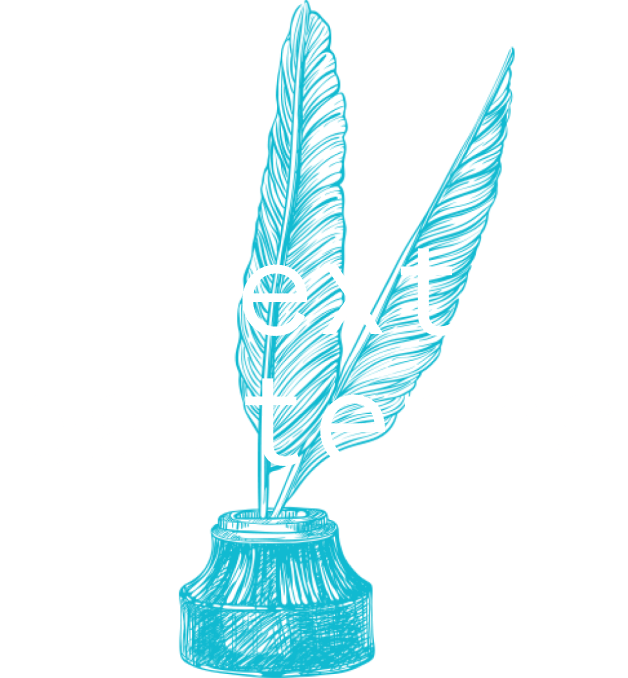November 4, 2010
visual storytelling
I just finished reading Bone — all 1300 pages of it. It was okay, I guess. The usual cod-Tolkienian stuff, with the slight twist that the hobbits are Pogo characters. Well-enough told, but . . . meh. I’ve been reading a number of comics-slash-graphic novels, and too many of them are trying to do in comic form what word-only forms...

